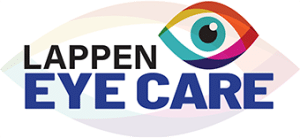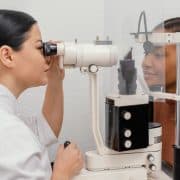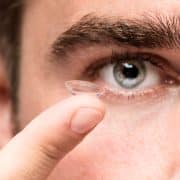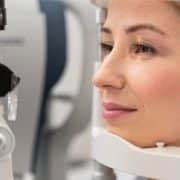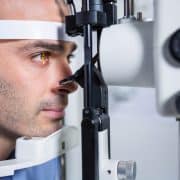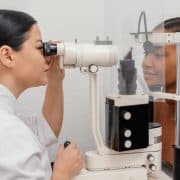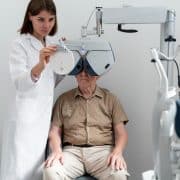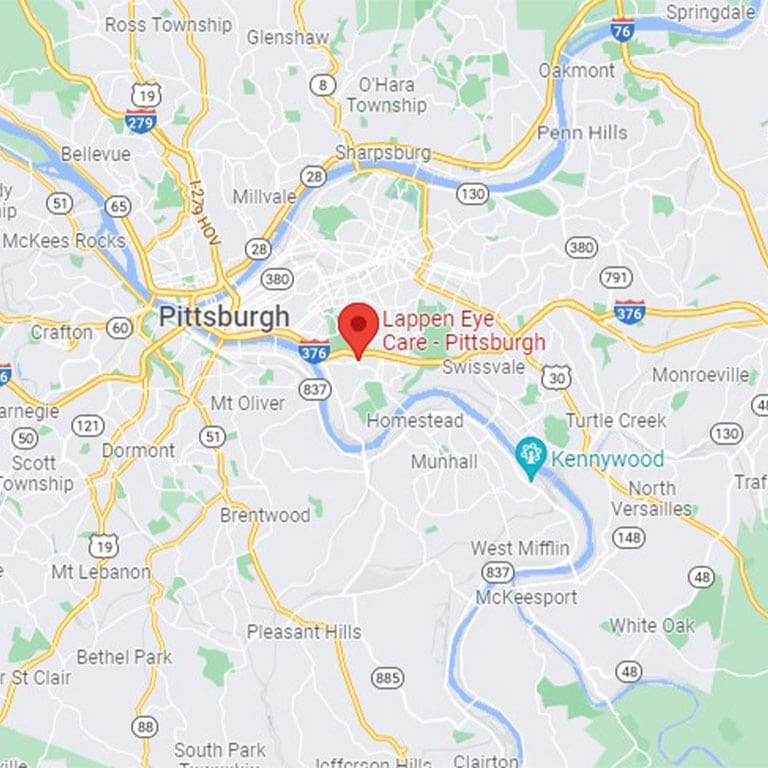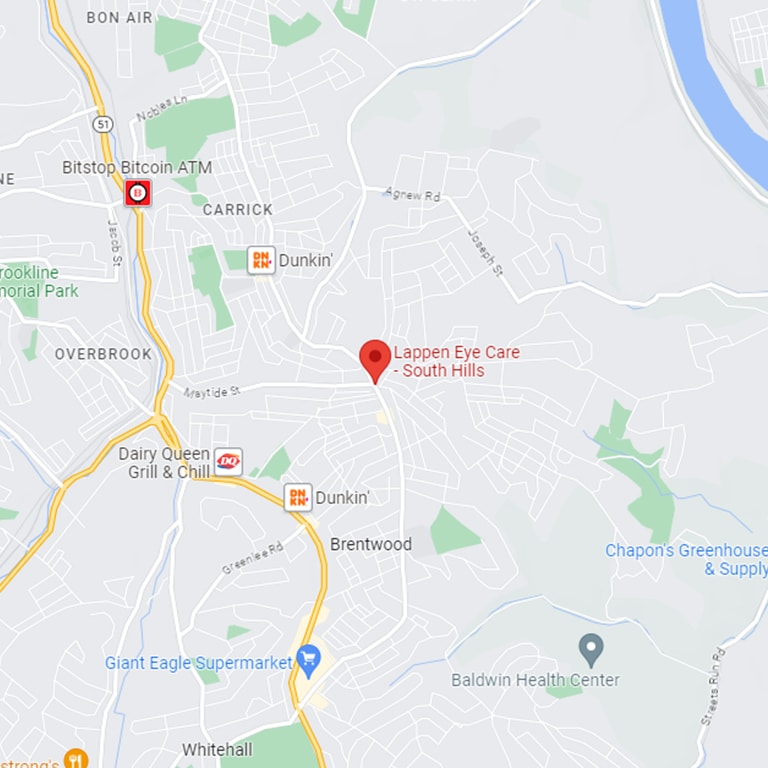3 Reasons to See an Emergency Eye Doctor
Emergency eye care can bring more than fast relief; it can actually save your eyesight if you visit the right doctor. But what constitutes an emergency, and how can you score an immediate appointment? Below, we’ll look at three reasons to visit the eye doctor in Greensburg, PA, and when to consider the standard emergency room.
3 Reasons to See an Emergency Eye Doctor in Greensburg
Experts recommend seeing doctors for the following reasons:
- Severe vision changes: If you’re unable to see or your vision is otherwise narrowing, it may cause a retina disorder.
- Broken blood vessel: With a broken blood vessel, you’ll see blood trapped under the whites of the eyes. An eye doctor in Greensburg can evaluate the cause and provide fast relief.
- Sudden-onset double vision: Often a consequence of trauma, sudden-onset double vision is a serious disorder that could indicate a problem with your eye muscles.
Murky Eye Emergencies
It’s normal to argue over what is an emergency. For example, one parent might think their child’s pink eye is an emergency, while the other wants to wait it out. The more common problem with eye emergencies is that some eye problems are related to neurological disorders. In this case, you’ll want to visit the emergency room.
Talk to an Expert
It’s important to know your resources when in doubt (and it’s normal to have some doubt). At Lappen Eye Care, we can help you decide where to go and when based on your symptoms. Whether you’re experiencing severe pain or minor trauma, our emergency eye doctors in Greensburg, PA can give you expert advice when you need it most.

